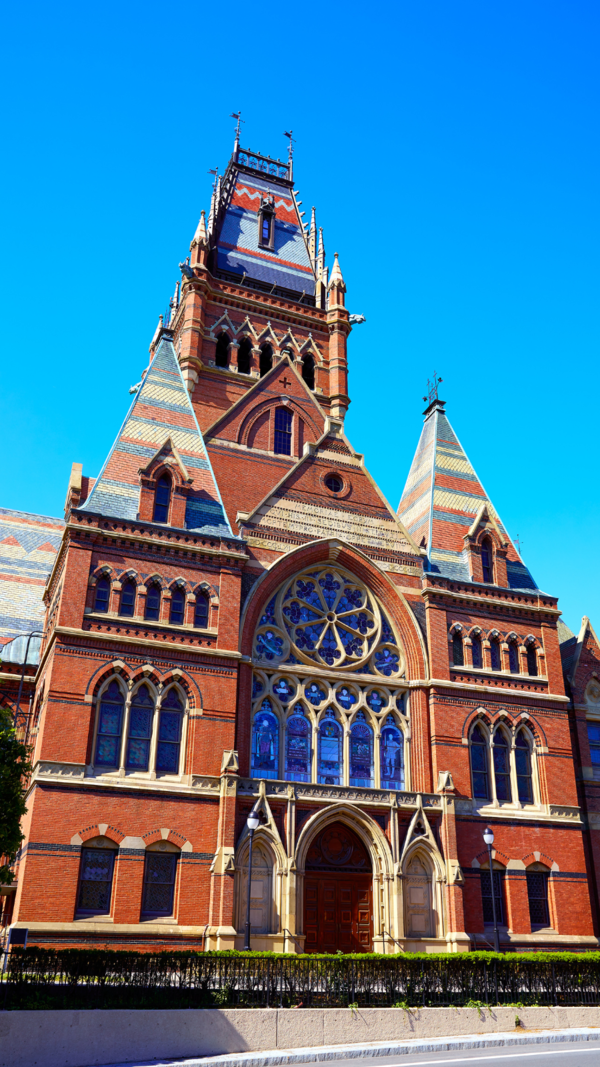What is the Cost of Studying at Private Medical Colleges in India? Here Are Some Examples
The cost of studying at private medical colleges in India is steadily rising, with fees ranging between Rs 7 lakh to Rs 26 lakh per year. Factors contributing to these high costs include modern infrastructure, faculty salaries, and increasing demand for medic…
- News
- Education News
- News
- What is the Cost of Studying Medicine at a Private College in India?
What is the Cost of Studying Medicine at a Private College in India?

Despite the fierce competition and challenges, the allure of pursuing a career in medicine drives many students to opt for private medical institutions when they miss out on government college seats. However, one of the biggest hurdles they face is the high cost associated with private medical education in India.
Private Medical Colleges vs. Government Medical Colleges
The tuition fees at private medical colleges are notably higher compared to their government counterparts. While government medical colleges often charge a few thousand rupees annually, private institutions can charge anywhere from Rs 10 lakh to Rs 25 lakh per year for undergraduate (MBBS) courses. Fees for postgraduate (MD, MS) and diploma courses can be even higher, with some institutions charging up to Rs 1 crore for the entire duration of the course. These staggering fees make it difficult for many aspiring doctors to afford medical education without taking substantial loans or relying on scholarships.
Private Medical Colleges Across India and Their Fees
The cost of studying at private medical colleges varies significantly depending on the institution and region. Below is a comparison of annual tuition fees at several well-known private medical colleges across India:
Why Are Tuition Fees in Private Medical Colleges So High?
Several factors contribute to the high cost of medical education in private colleges:
• Infrastructure Investment: Private institutions often invest heavily in modern infrastructure, advanced medical equipment, and state-of-the-art facilities, all of which drive up operational costs.
• Faculty Salaries: Attracting and retaining experienced faculty members requires competitive salaries, particularly in specialized fields. High-quality teaching staff can demand significant remuneration.
• Demand for Medical Seats: With more students vying for limited medical seats, private colleges can set higher tuition fees, capitalizing on the high demand.
• Lack of Government Funding: Unlike government-run institutions, private colleges do not receive state subsidies, which directly influences their fee structures.
Disclaimer: The fees mentioned in this article are approximate and may vary based on the specific programme, year of admission, and institutional policies. Additional costs such as hostel fees, examination fees, and other miscellaneous expenses may also apply. We recommend that prospective students verify the latest fee structure directly with the respective institutions for accurate and up-to-date information before applying. The ranges provided are intended as general estimates and are subject to change without notice.
Visual Stories
Hot Picks
TOP TRENDING
Source: The Times of India












Leave a Reply